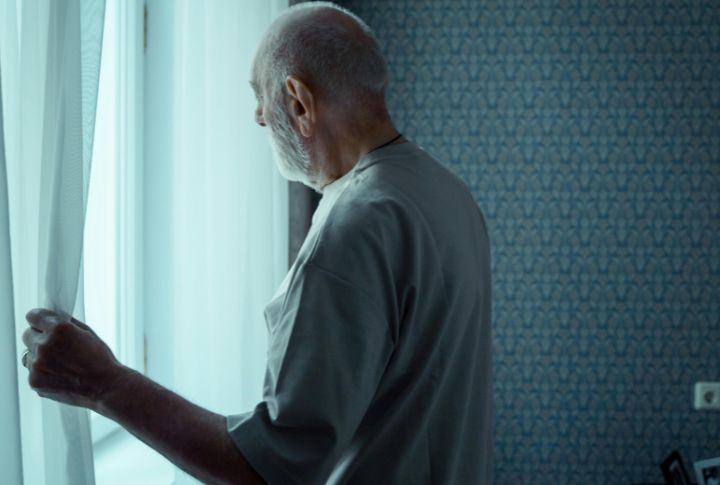
Not every gray day is just about growing older. Sometimes, what looks like tiredness or disinterest hides something deeper. In older adults, depression often creeps in quietly, showing itself through subtle changes in behavior and mood. Here’s how to spot those signs early and help someone you love rediscover peace and purpose.
Withdrawal From Once-Valued Activities

It often starts small—a missed book club, a canceled dinner—until they realize something deeper’s going on. While many brush it off as “just aging,” withdrawing from once-loved activities can actually signal issues. It’s emotional exhaustion quietly asking for attention and compassion.
Unexplained Physical Complaint

Older adults complaining about constant headaches or mysterious body aches often end up at the doctor repeatedly. Normal test results leave everyone confused about what’s actually wrong. Depression frequently masks itself as physical pain, letting the body speak for emotions that have no other outlet to express themselves properly.
Sudden Changes In Appetite Or Weight

When favorite meals stop tasting good or late-night cravings suddenly take over, it’s not always hunger that’s changing. The body usually reacts to sadness in quiet ways, and appetite becomes the language of stress, which shows what emotions can’t quite explain.
Frequent Expressions Of Hopelessness Or Burden

“I’m just a burden” might sound like a passing comment, but combine it with avoidance of friends or daily fatigue, and depression could be silently taking hold. If this happens often, respond with compassion instead of logic to understand them better.
Disrupted Sleep Patterns

If sleepless nights or endless naps suddenly become routine, don’t just blame age. Late-life depression hides in these irregular sleep cycles, quietly sapping energy and motivation. Recognizing these patterns as more than “just getting older” helps open the door to timely help and emotional healing.
Decline In Personal Hygiene Or Home Maintenance

Unwashed dishes, messy rooms, or skipped showers carry stories words never tell. Emotional weariness slowly dulls the instinct to maintain order. The smallest routines start feeling pointless, and everyday care fades into the background, quietly signaling how drained someone has really become inside.
Heightened Irritability Or Agitation

If your once-gentle parent starts snapping more often or seems unusually agitated, look closer. This is the outward ripple of inner discomfort. Beneath that irritation may lie quiet emotional fatigue that may need some professional intervention.
Difficulty Concentrating Or Making Decisions

What once seemed like forgetfulness or “senior fog” can actually be depression clouding mental clarity. Struggling to focus or make decisions may come from emotional overload. The encouraging part? With proper treatment, that mental sharpness and confidence can return stronger than before.
Loss Of Purpose After Retirement

Retirement may seem relaxing, but for many, it creates a void. The sudden shift from busy schedules to unstructured days can trigger feelings of emptiness and loss. As professional identity fades, there is a need for new sources of purpose and daily fulfillment to avoid loneliness.
Increased Preoccupation With Death Or The Past

As we age, sharing stories from our rich life tapestry becomes a cherished pastime. Yet when an older loved one’s reflections shift from warm memories to persistent thoughts of death, wishes to join departed spouses, or heavy regrets about the past, it may signal late-life depression requiring gentle support and understanding.

